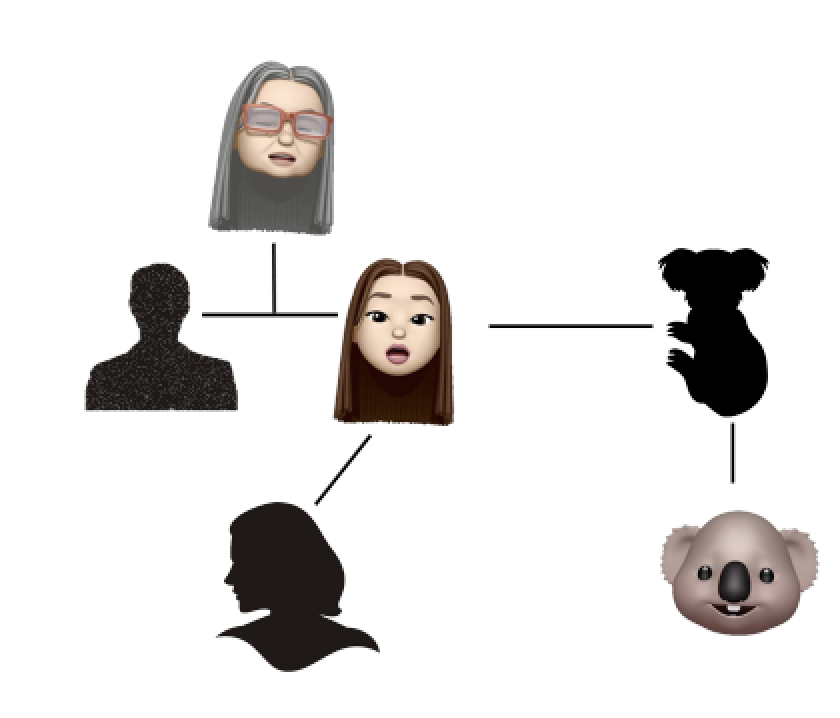
I have some thoughts on musicians from the 80s and 90s, and their longterm impact on Pakistani music itself.
I say this as someone who grew up idolising most of these musicians, and then as an adult reported on and worked in music.
I say this as someone who grew up idolising most of these musicians, and then as an adult reported on and worked in music.
There have been two main waves or bubbles for what I call pop music* in Pakistan - from Dil Dil Pakistan to the late 90s (PTV89, NTM, MCC etc) & then the noughties (start of Indus Music till end of Fire Records).
pop music* refers to urban musicians using western instruments.
pop music* refers to urban musicians using western instruments.
When Fire Records collapsed in late 2000s, it was when Pakistan was wracked by terrorism, and all media spend had shifted to news. Since then, a variety of factors has meant that music has never been as immediately relevant as it was during these times.
Near the end of the second bubble was when Coke Studio emerged. The merits of its music aside, it solidified a framework where musical releases became advertising campaigns.
As in, music came out when brands sponsored a show and its dissemination on the media. This meant that brands began to have, with rare exceptions, complete or near complete creative control over the music that came out.
In the last 10-12 years, there have been, and continue to be, innumerable corporate-helmed music shows and releases. You might have noticed that almost all of these have been monopolised by musicians from the 90s and 00s.
They are usually the performers, and if not then the producers, and have basically tied up all the exposure and wealth generated from this. They have also agreed to and institutionalised the creative control being given to the corporate clients.
Unsurprisingly, almost none of these shows have been sustained successes. And wherever they have been, very little credit or cash has gone to younger or less famous musicians.
Consequently, we don't have anyone replacing the older guys in the musical consciousness. Every few years, the kids get obsessed by a new young musician, (Hasan Raheem currently for eg) and yet these musicians have nowhere to go. The "industry" is a series of corporate gigs.
And younger musicians who are big on the internet and on school campuses almost never make it to these corporate shows.
Relatedly, many of the people making decisions at these corporates are people who grew up listening to the bands from the 90s and 00 that they keep hiring, and are unlikely to be listening to the latest music.
So basically we've got a bottleneck, where the only way to be a mainstream musician in Pakistan is to be featured in corporate gigs, but these corporate gigs have been monopolised by the same few faces for a decade.
Local music is increasingly irrelevant in Pakistan. Unlike the 90s and 00s, the arrival of the internet now means kids can listen to music from all over the world, and they are. Pakistan has huge fandoms for BTS, and non-Bolly Indian music.
There is also a lot of love for local acts, but it's impossible for them to sustain. The costs of recording and video shoots have shrunk, but they have to be borne by the musicians who then get no return - no sales, almost no concerts, no way of making a career.
Which is why all your favourite musicians from the the past ten years (if you had any) are now acting in bad dramas or working in advertising agencies.
at some point, these musicians have to abandon their dreams b/c there isn't any way to make money off their craft.
at some point, these musicians have to abandon their dreams b/c there isn't any way to make money off their craft.
Meanwhile musicians from earlier generations keep making iterations of the same songs that made them famous, and keep being plastered on billboards and adverts and rolling in the cash.
I don't wish to blame the older musicians, or to judge people for enjoying them in this day and age. But I do wonder how come none of them felt the need to set up something sustainable for the larger scene, or to at least mentor and promote others, or to set up any institution.
There has also been very engagement with the market forces at play, and any attempt to step outside an increasingly powerless framework for musicians.
I know for sure that music is a thankless and heartbreaking scene to work in Pakistan, but still it's kinda crazy how the people who have benefited off it the most have not come together to give anything back.
• • •
Missing some Tweet in this thread? You can try to
force a refresh




